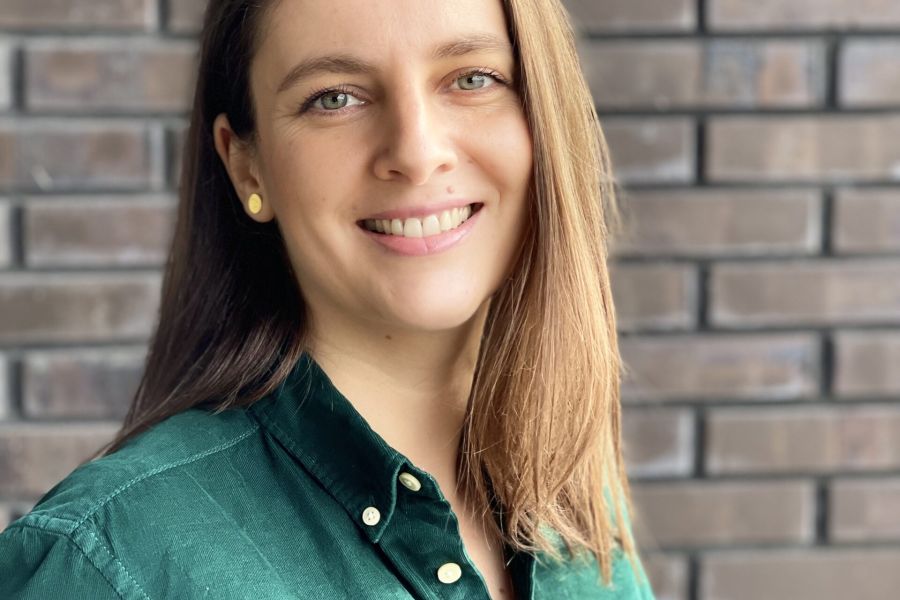Oana-Georgiana investigates how light therapy works in our brain

In January, Oana-Georgiana started her post doc research project at the Leiden University. In collaboration with BioClock PhD candidate Emma Visser, and under supervision of dr. Niki Antypa, she will further optimize light therapy as a treatment for depressed patients. Light and chronotherapy are effective therapeutic strategies and therefore widely used but the underlying mechanisms are not fully understood. Oana-Georgiana will study this in her BioClock project by specifically studying the brain of patients with MRI.

Who are you?
I am Oana Georgiana Rus-Oswald. I love connecting to people and I am curious about different cultures, their similarities and differences. I am originally Romanian, moved already five times countries within and between continents. The last two stations were between “cheese” countries. I love taking pictures, cooking, reading, playing the guitar/flute or singing. I also enjoy endurance sports like running, swimming and race cycling.
What is your background?
I am a trained psychologist converted into a neuroscientist. I absolved my university diploma (~M.Sc.) in psychology in the beautiful Dresden, Germany and then completed my PhD in the lake and mountain rich Munich, Germany – studying the neural correlates of the obsessed brain. I then studied the functional and structural correlates of the aging brain as a postdoctoral researcher in the mountain’s paradise of Zurich, Switzerland.
What is project about?
I will work at the Clinical Psychology Unit of the Institute of Psychology at Leiden University in the second main pillar of the BioClock project i.e., BioClock in Healthcare. This pillar is about the evaluation and restoration of 24-h rhythms to combat mood disorders. More specifically using advanced neuroimaging techniques like MRI, I will tackle the question about the brain mechanisms that make light therapy a successful antidepressant treatment. Furthermore, within a multicenter randomized control trial in collaboration with Eindhoven University of Technology we will assess the effects of chronotherapeutic treatment and light therapy on the restauration of the biological clock in patients with depression.
When did you first hear about the biological clock?
There is not an exact timepoint where I heard about this field of research. I got more aware of it when I saw the position advertisement, however, I was integrating a lot of supportive processes for the chronobiology in my daily routine such as using a health-app on the smartphone and paying attention to my daily rhythms and supporting favorizing factors such as day light, avoiding artificial light before bedtime, getting enough sleep/workout/fresh air etc.
What is something that people should know about you?
Although I come from the Headquarter of Vampires, Romania, I don’t like and I don’t eat garlic! Be aware…
To contact Oana-Georgiana: o.g.rus@fsw.leidenuniv.nl

The BioClock Consortium is funded by the NWA-ORC programme of the Dutch Research Council (NWO; project number 1292.19.077).